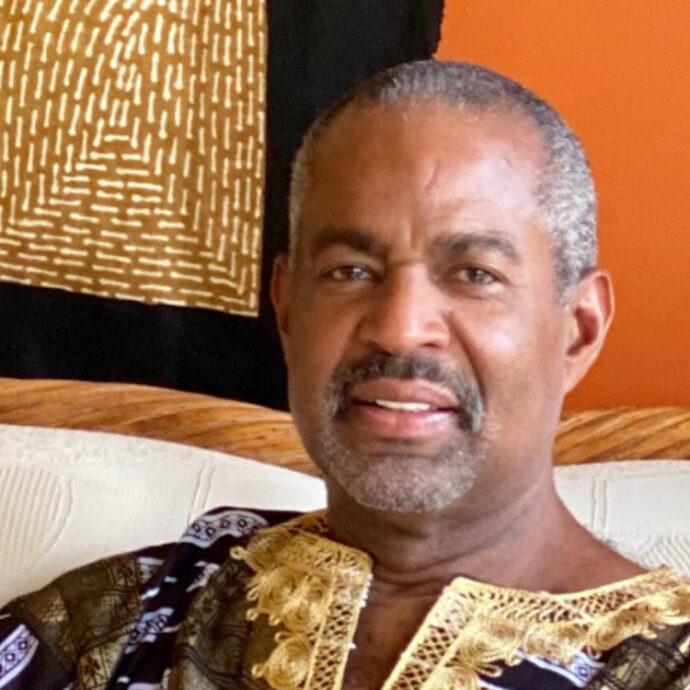Michael A. Gomez is currently Silver Professor of History and Middle Eastern and Islamic Studies at New York University, and the director of NYU’s newly-established Center for the Study of Africa and the African Diaspora (CSAAD), having served as the founding director of the Association for the Study of the Worldwide African Diaspora (ASWAD) from its inception in 2000 to 2007. He is also series editor of the Cambridge Studies on the African Diaspora, Cambridge University Press. He has chaired of the History departments at both NYU and Spelman College, and also served as President of UNESCO’s International Scientific Committee for the Slave Route Project from 2009 to 2011. His first book, Pragmatism in the Age of Jihad: The Precolonial State of Bundu (Cambridge University Press, 1992), examines a Muslim polity in what is now eastern Senegal. The next publication, Exchanging Our Country Marks: The Transformation of African Identities in the Colonial and Antebellum South (University of North Carolina Press, 1998), is concerned with questions of culture and race. The edited volume, Diasporic Africa: A Reader (New York University Press, 2006), is more fully involved with the idea of an African diaspora, as is Reversing Sail: A History of the African Diaspora (Cambridge University Press, 2005; second edition late 2019). The monograph Black Crescent: African Muslims in the Americas (Cambridge University Press, 2005) examines how African Muslims negotiated their bondage and freedom throughout the Americas, integrating Islamic Africa into the analysis. Gomez’s most recent book, African Dominion: A New History of Empire in Early and Medieval West Africa (Princeton University Press, 2018), is a comprehensive study of polity and religion during the region’s iconic moment. Gomez supports the struggles of African people worldwide.
The Western colonial heritage created a global discourse centering the epistemological cannons in the service of the West. Gomez main these is to dispel the mythology of this construct hub versus periphery by shifting the paradigm on the premise of historical justice.
Gomez’ main focus in this book is to investigate how the hierarchies of class/caste, race and gender are generated in the West African context.
